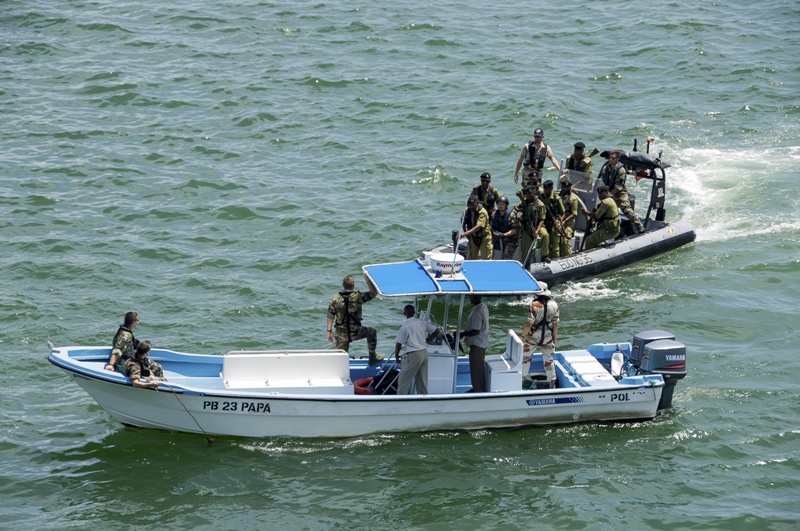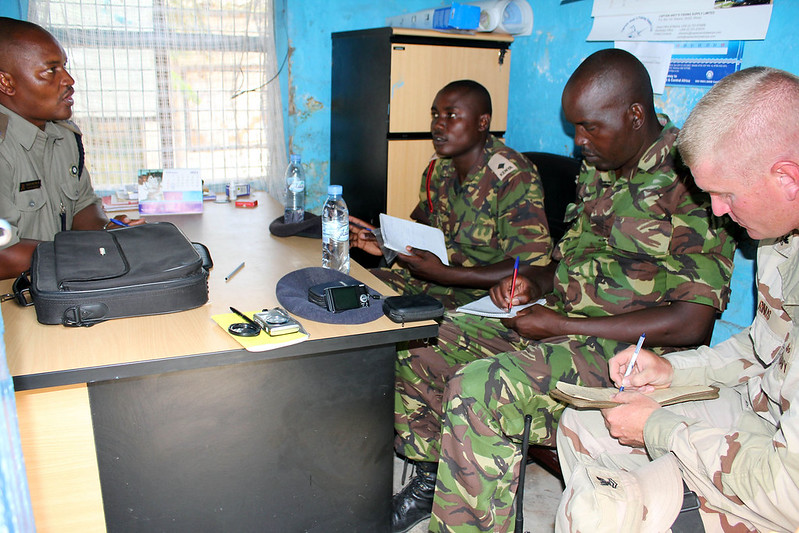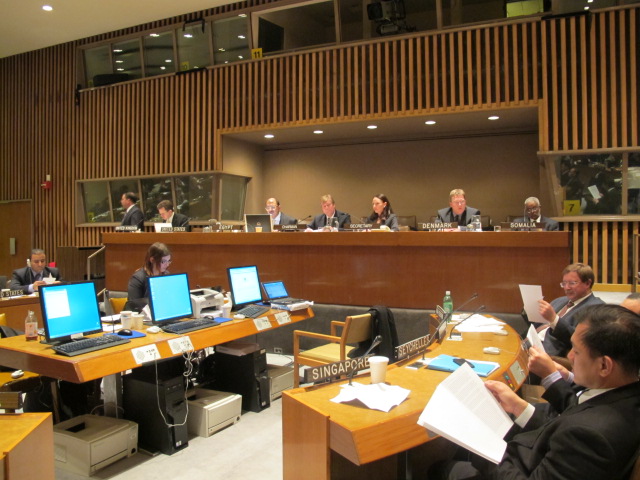Capacity building is the core term through which many global actors describe their international engagement today. While the concept of “capacity building” is anything but new, its arrival in international security discourse is relatively recent. Are we witnessing a major shift in terms of how security actors plan, implement and think about their international engagement?
New publication investigates maritime domain awareness
In a new publication titled “Effective Maritime Domain Awareness in the Western Indian Ocean”, SAFESEAS principal investigator Prof. Bueger discusses the importance of maritime domain awareness for the region and asks how the structures can be better supported. He argues for the importance of paying more attention to low-tech solutions and working with human sources. The … Read more




